If you have multiple credit cards in your wallet, you probably decide which one to use based on factors like each card’s interest rate, current balance, and rewards programs. Merchants want to make that choice easier by offering discounts or other incentives for using cards that cost the retailer less to process, but American Express forbids its merchants from offering such deals, but it will soon be up to the Supreme Court to decide whether or not that’s legal. [More]
scotus
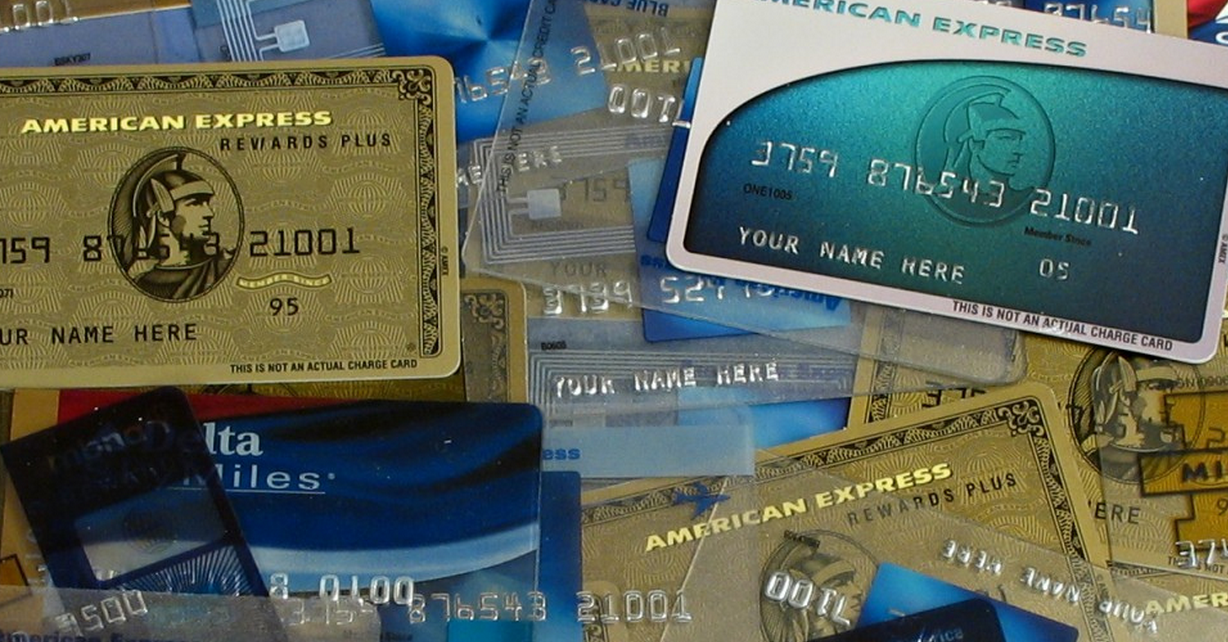
Supreme Court Will Decide If American Express Can Stop Stores From Encouraging Customers To Use Less-Expensive Cards
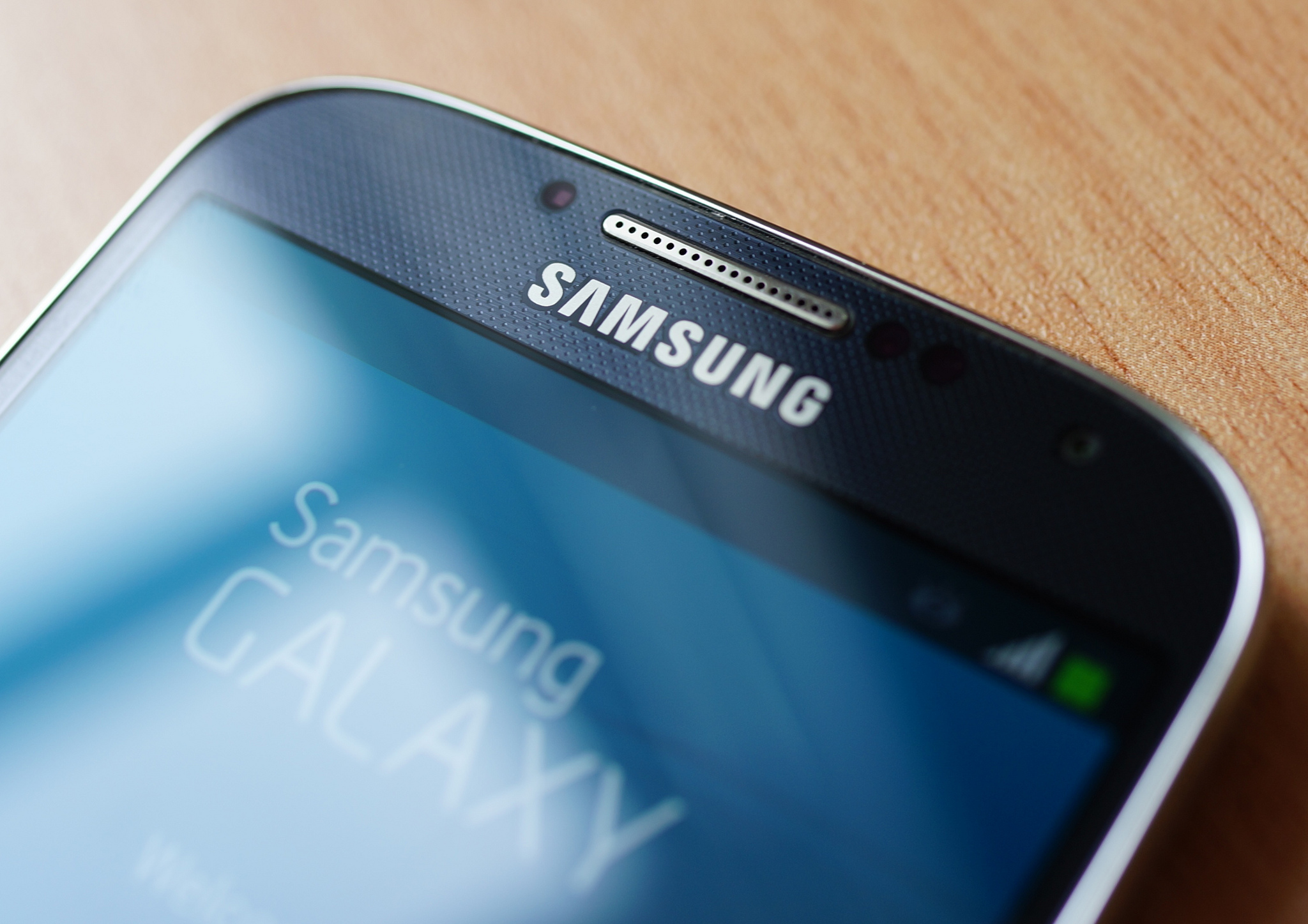
Supreme Court Allows For Rare Win In Customers’ Lawsuit Against Samsung
The Supreme Court has a long history of ruling against consumers when it involves a company’s attempt to strip its customers of their right to a day in court, but this week the nation’s highest court decided to not hear an appeal in a lawsuit involving Samsung, marking a rare instance in which SCOTUS came down on the consumers’ side in this issue. [More]
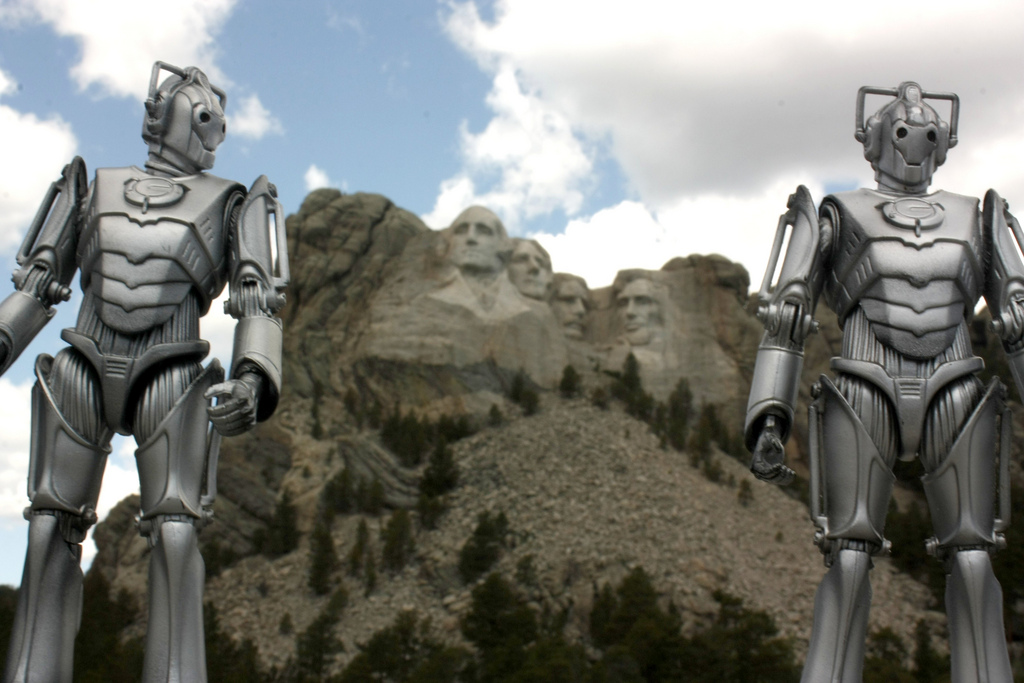
Why You Should Care About South Dakota’s Controversial Online Sales Tax Law
There aren’t even a million people living in South Dakota, but the state’s efforts to collect sales tax from online retailers could eventually have an impact on the hundreds of millions of Americans in other states who shop online. [More]
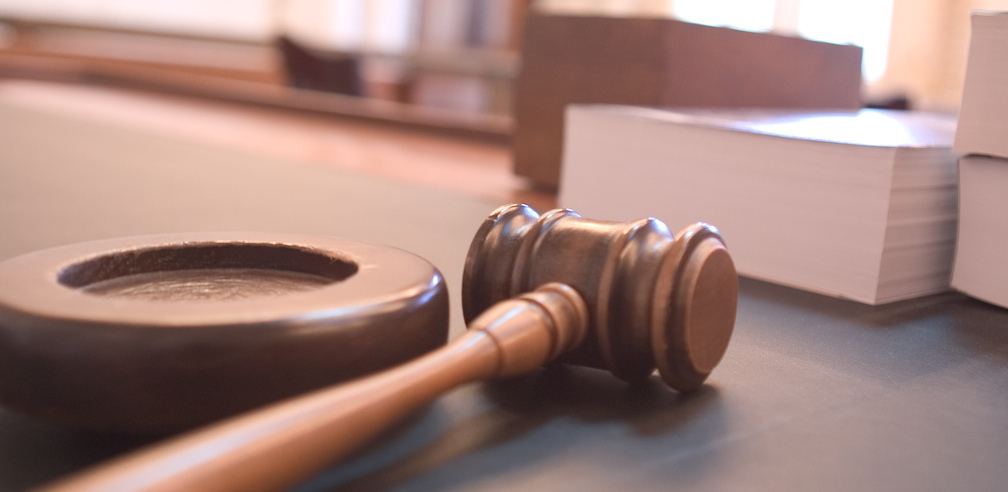
Why You Should Care About This Lawsuit Against A Data Company You’ve Probably Never Heard Of
The legal system has long taken a “no harm, no foul” approach to certain legal disputes: If you haven’t actually been injured by the other party’s actions, you’ll have a hard time convincing the court that your lawsuit shouldn’t be thrown out. But the internet, where incorrect information can be disseminated globally within seconds (and may never truly be erased), is causing courts to reconsider the question: When can you sue a company for an intangible harm? [More]
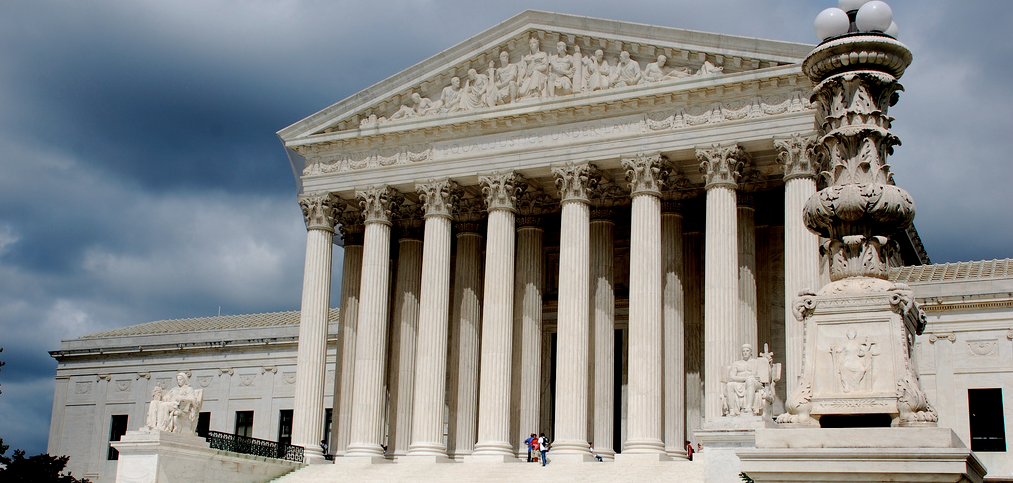
After SCOTUS Ruling, Some Rush To Trademark Racially Charged Terms, Symbols
The same day that the Supreme Court ruled that it’s unconstitutional for the Patent and Trademark Office to ban racially charged or offensive trademarks, some people jumped at the chance to get trademark protection on a variety of products — from apparel to beer — bearing brand names and symbols that range from highly questionable to inflammatory. [More]

2 Years After Being Sentenced, Egg Execs Behind Massive Salmonella Outbreak Are Finally Going To Prison
In April 2015, a federal judge sentenced the father and son former executives of the inaccurately named Quality Egg — the company behind a salmonella outbreak that sickened around 60,000 people — to three months in prison, but neither of the two men have begun to serve their sentence, hoping the U.S. Supreme Court would see things their way. But now that the Supremes have snubbed the eggs-executives, it’s finally time for them to do their brief stints behind bars. [More]
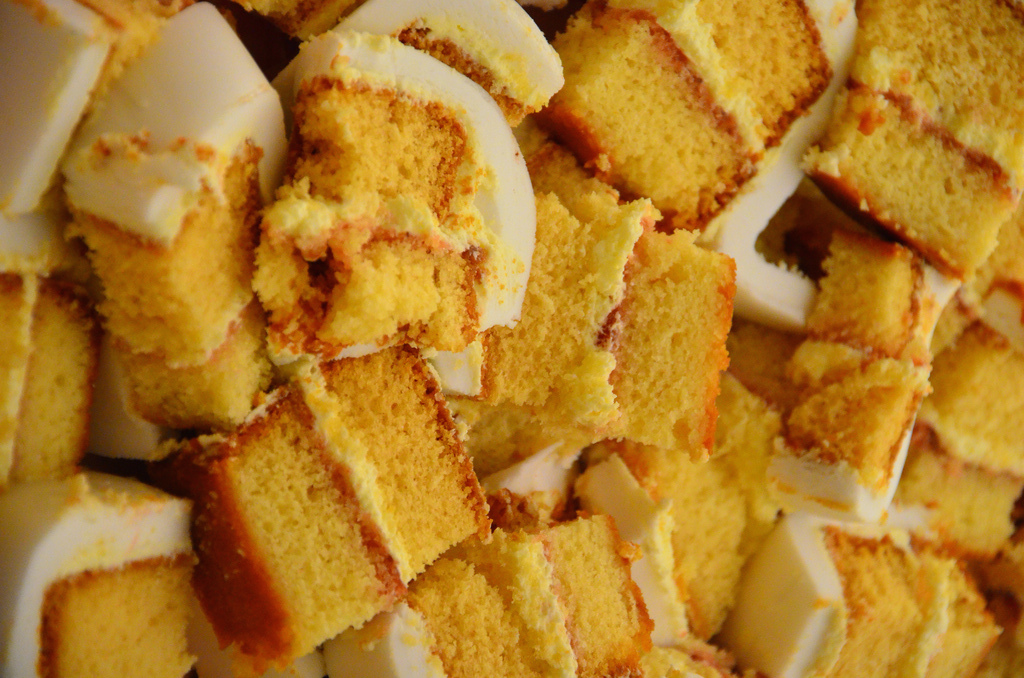
SCOTUS To Hear Case Of Bakery That Refused To Make Wedding Cake For Gay Couple
The owner of a Colorado bakery who refused to make a wedding cake for a same-sex couple back in 2012 will have his day in the highest court in the land, after the U.S. Supreme Court agreed today to hear his appeal. [More]

Supreme Court Rejects ‘Dancing Baby’ YouTube Copyright Case
After 10 years, the legal battle over a silly 29-second YouTube video of a baby dancing to a Prince song has hit a dead end, with the Supreme Court announcing this morning that it will not hear arguments in this high-profile copyright case. [More]
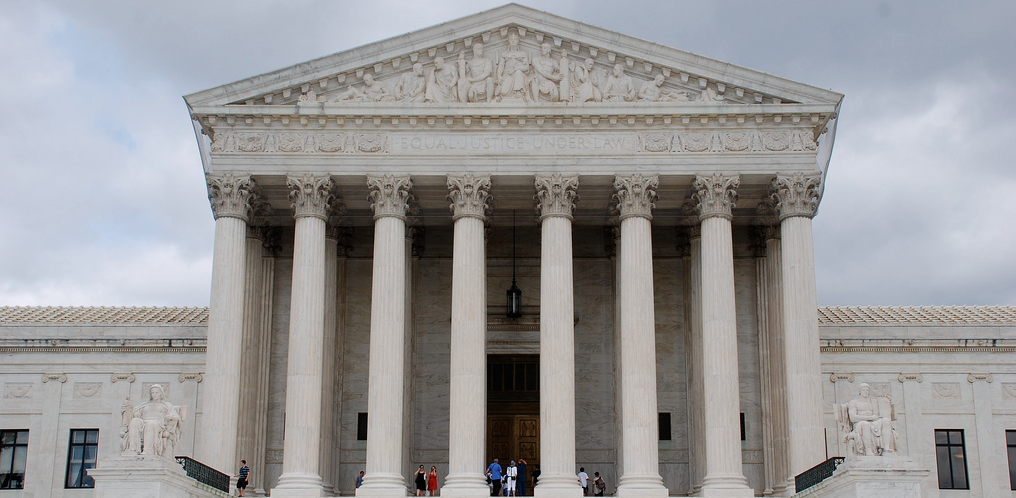
Supreme Court: It’s Unconstitutional To Reject Potentially Offensive Trademarks
The Supreme Court has struck down a longstanding clause in federal law that prohibits the Patent and Trademark Office from registering trademarks that “disparage… persons, living or dead, institutions, beliefs, or national symbols, or bring them into contempt, or disrepute.” [More]
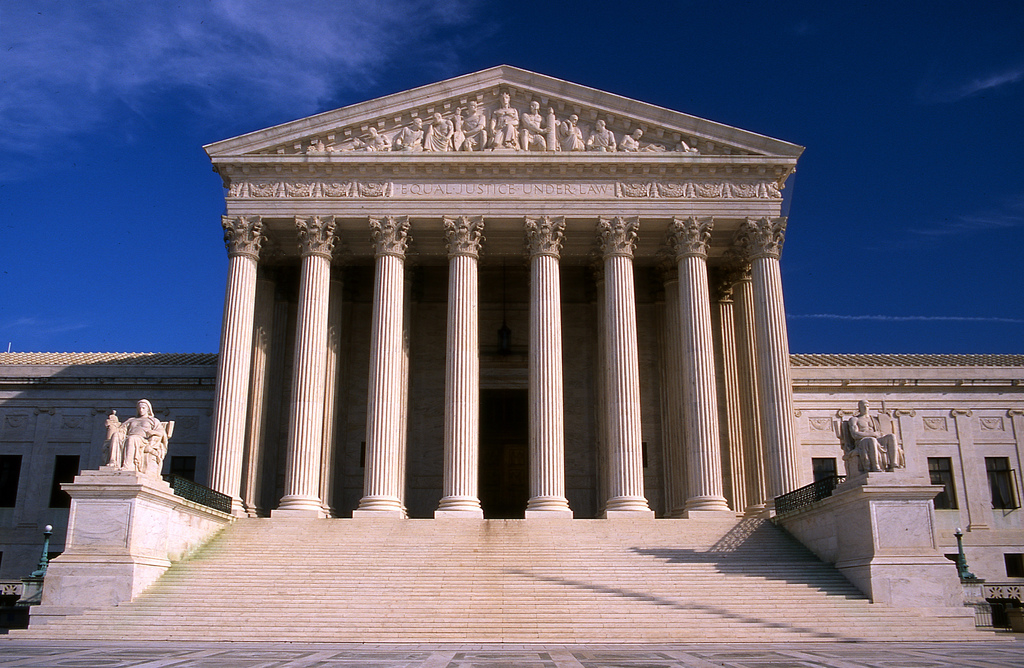
Supreme Court: Protections Against Debt Collectors Don’t Apply To Banks That Purchase Defaulted Loans
The Fair Debt Collection Practices Act prohibits debt collectors from a number of annoying and aggressive practices, like calling late at night to hassle folks about their debt or publicly outing people as debtors. However, this morning — in Justice Neil Gorsuch’s first opinion — the U.S. Supreme Court ruled that this law doesn’t apply to banks that purchase defaulted loans with the intention of collecting on them. [More]

Justice Dept. Says Supreme Court Should Not Hear ‘Dancing Baby’ YouTube Case
A decade-old legal dispute over a 29-second YouTube clip featuring a baby dancing to a barely audible Prince tune may not have its day before the Supreme Court, at least if the nine justices take the suggestion of the Justice Department. [More]
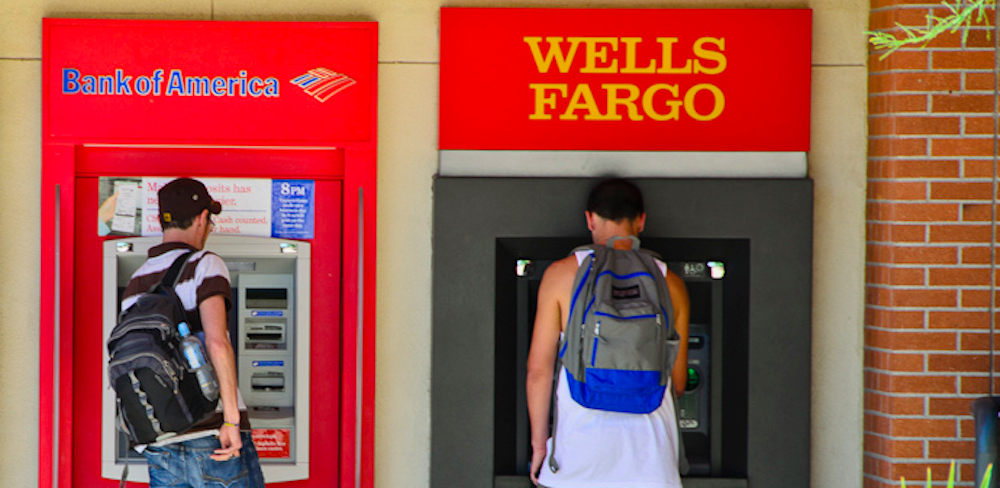
Supreme Court Says Cities Can Sue Banks Over Fair Housing Violations
The U.S. Supreme Court ruled this morning that cities are allowed to sue banks for alleged violations of the Fair Housing Act if the city is able to show that it was harmed by a bank’s discriminatory actions. [More]

Supreme Court: General Motors Can’t Use Bankruptcy To Avoid Lawsuits Over Deadly Ignition Defect
The Supreme Court has denied General Motors’ legal efforts to use its 2009 bankruptcy to block lawsuits over injuries and financial losses related to the carmaker’s long-ignored ignition switch defect. [More]
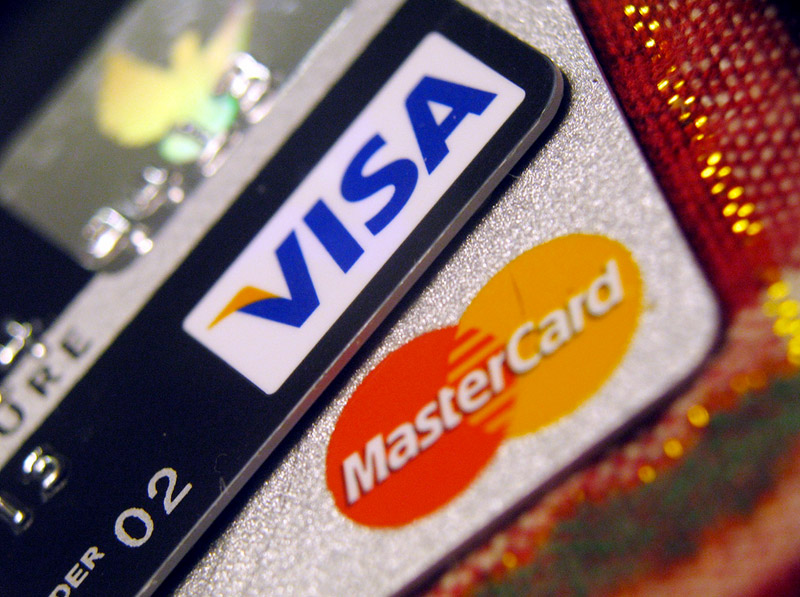
Supreme Court: State’s Restriction On Credit Card Surcharges Is A Free Speech Regulation
The U.S. Supreme Court has determined that a New York state law barring merchants from adding credit card surcharges is indeed a state regulation on businesses’ free expression. However, whether that law goes so far as to violate the First Amendment is a matter still to be decided. [More]
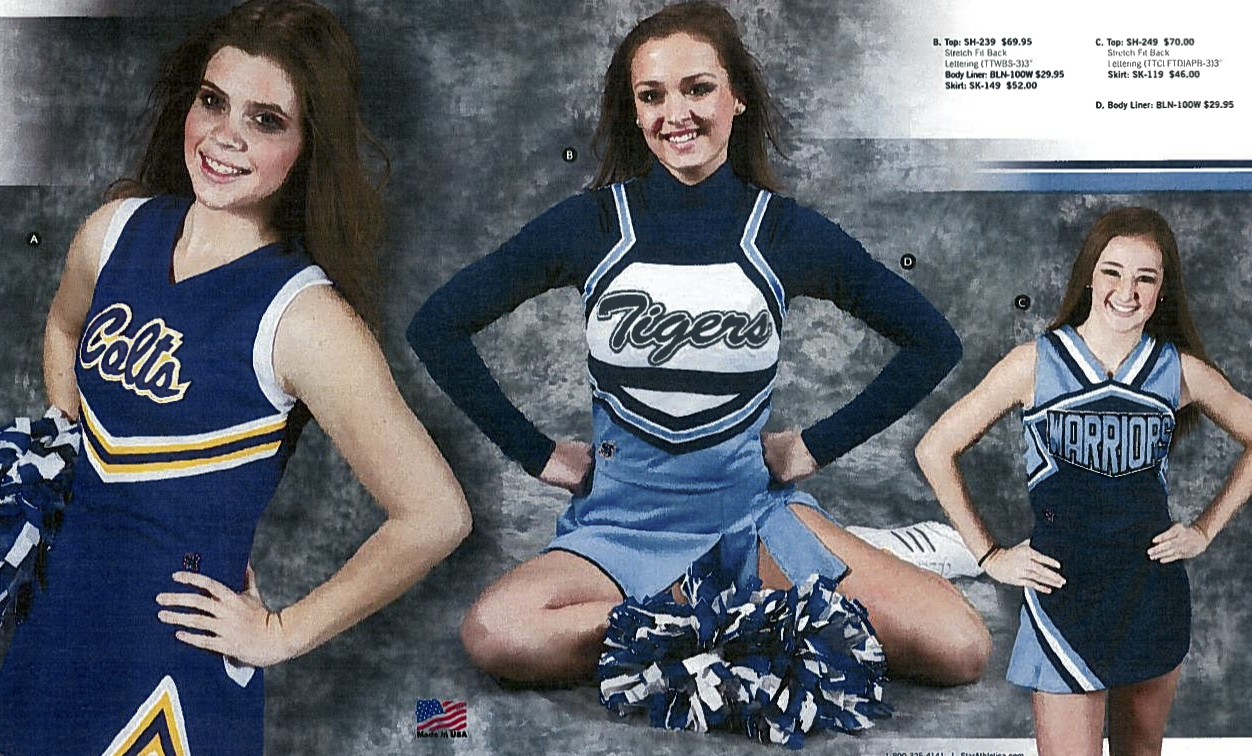
Supreme Court’s Ruling In Cheerleader Uniform Case Could Lead To Higher Prices For Clothing, Furniture
This morning, the U.S. Supreme Court issued a ruling in a case that involves cheerleader uniforms, but which some critics believe could eventually result in higher prices for everything from clothing to furniture to housewares. [More]

Supreme Court Hears Arguments In Dispute Over “Scandalous” Trademarks
Should your company’s brand, slogan, or logo lose its federal trademark protection just because it’s offensive? Under current law, yes, but today the Supreme Court heard arguments in a case that questions whether or not the U.S. Patent & Trademark Office should involve itself in questions of taste. [More]
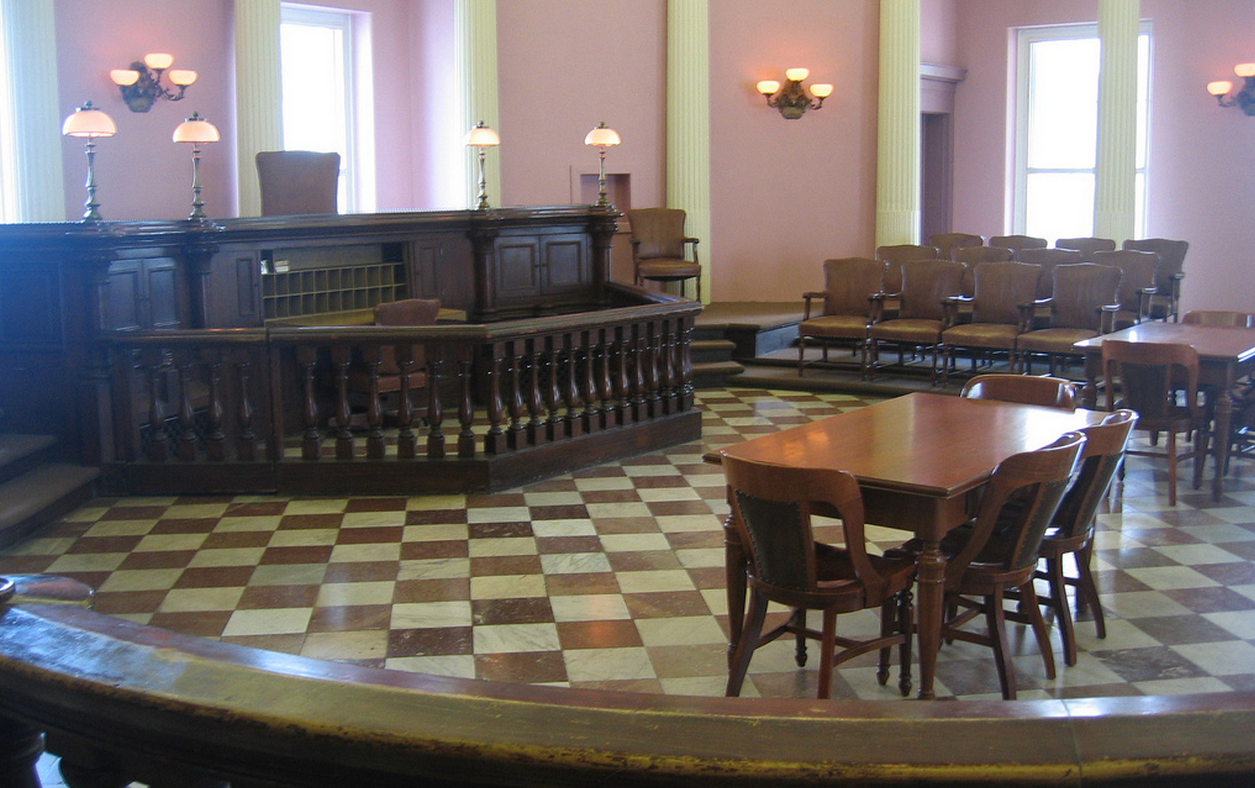
Supreme Court Asked To Settle Battle Over Courtroom Ban On Phones, Computers
For more than 35 years, states have been allowed to let cameras in the courtroom, but some courts have enacted full bans — not just on TV cameras and photographers but on all electronic devices, and at all times. A Michigan man thinks this is going too far, and has officially petitioned the Supreme Court to settle the matter. [More]
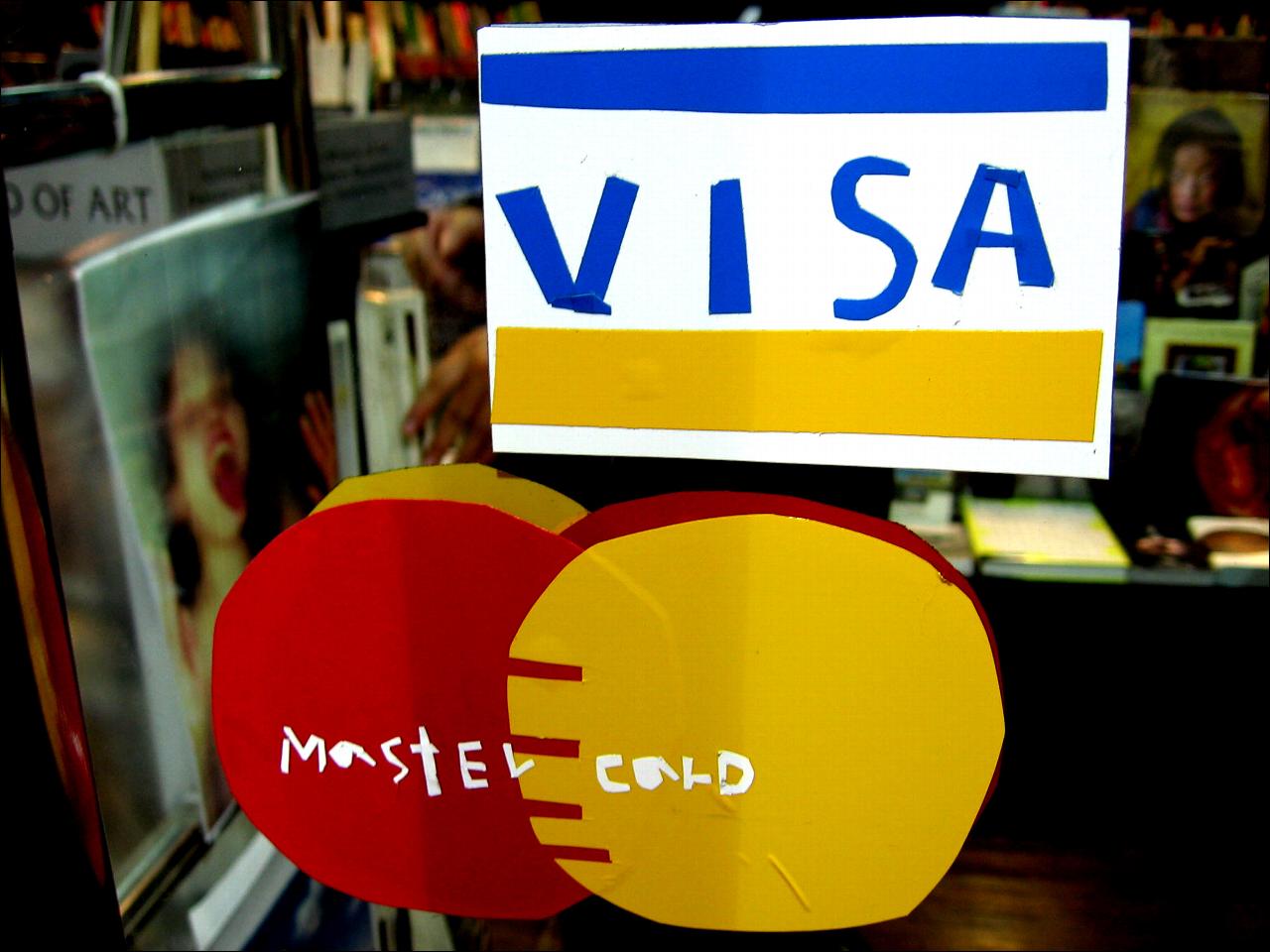
Is A Restriction On Credit Card Surcharges A Free Speech Violation?
When you think of First Amendment disputes, your mind probably conjures images of protestors, or investigative journalism, or maybe you think of the never-ending debate over where to draw the line between obscenity and protected forms of expression. You probably don’t immediately connect the dots between the First Amendment and a state law about credit card surcharges — but the U.S. Supreme Court has been asked to decide that very issue. [More]

